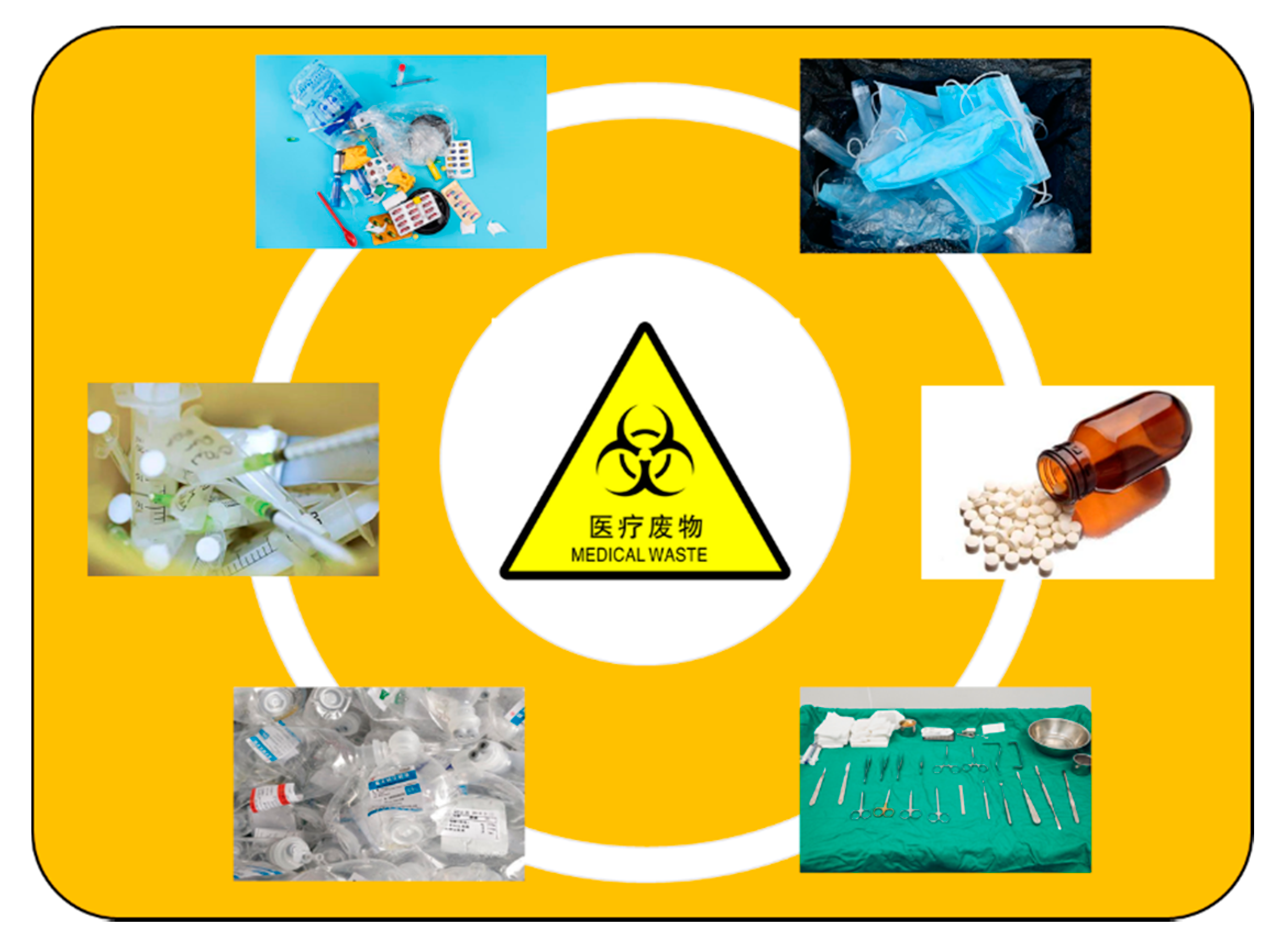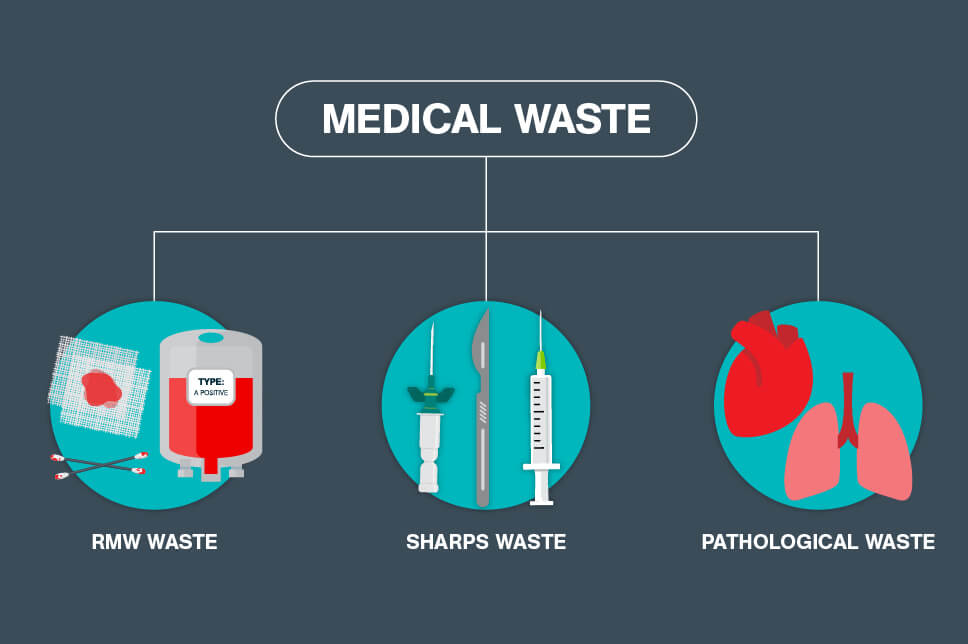Navigating Medical Garbage Disposal: Vital Solutions for Health Care Facilities
Healthcare centers, whether big health centers or small facilities, are entrusted with the responsibility of handling, dealing with, and disposing of a vast array of medical waste streams. Understanding the crucial services that sustain clinical waste disposal is not simply an issue of conformity but also an essential component in safeguarding public health and wellness and ecological health.
Regulatory Compliance Support
For medical care facilities, making sure governing conformity support is crucial to keep proper handling and disposal of medical waste. Following policies stated by companies such as the Environmental Protection Agency (EPA) and the Occupational Safety and Health Management (OSHA) is critical to stop ecological contamination, secure public health and wellness, and avoid potential legal effects. Governing compliance assistance provides medical care facilities with support on how to appropriately set apart, store, transportation, and throw away different kinds of clinical waste based on local, state, and federal guidelines. This support includes assistance in developing and carrying out comprehensive waste monitoring plans, performing normal team training sessions, and carrying out audits to make sure continuous conformity. By partnering with regulative compliance experts, health care centers can remain up-to-date on developing regulations, mitigate dangers connected with inappropriate garbage disposal, and inevitably add to a much safer and extra sustainable atmosphere for all.
Waste Partition Guidance

Health care centers must give clear guidelines and training to team on how to segregate waste effectively. This includes dividing basic waste from harmful materials such as sharps, infectious waste, pharmaceuticals, and chemical waste. Color-coded bins, tags, and signage are typically made use of to assist in waste partition methods. Routine audits and tracking of waste partition procedures are crucial to identify any kind of issues and make essential renovations.
Collection and Transport Providers

Appropriate collection and transport services are necessary elements of the medical waste disposal procedure in healthcare facilities. These services guarantee that dangerous products are managed safely and in conformity with policies to shield both the atmosphere and public health and wellness. Healthcare facilities count on specialized waste management companies to supply effective collection and transport services customized to their demands.
Medical waste collection includes setting apart different kinds of waste at the point of generation, using color-coded containers or bags to identify in between basic, unsafe, pharmaceutical, and other waste streams. Educated workers must perform this task to avoid contamination and make certain correct disposal. Once collected, the waste is carried in dedicated vehicles equipped to manage dangerous products securely. These vehicles comply with strict security requirements and adhere to designated courses to accredited therapy centers for disposal via methods such as sterilization, incineration, or landfilling.
Therapy and Disposal Solutions
In the world of medical garbage disposal for health care facilities, after the critical phase of collection and transport solutions, the emphasis shifts in the direction of executing effective treatment and disposal solutions. Therapy remedies typically include processes such as autoclaving, useful reference which utilizes heavy steam under stress to decontaminate the waste. This technique is typically made use of for contagious waste that must be provided non-hazardous before disposal. Another common treatment approach is incineration, where waste goes through heats in regulated setups to minimize its volume and get rid of microorganisms.
Disposal remedies include the last action in the medical waste management procedure. Recycling and source recuperation are also acquiring grip as sustainable disposal choices for specific kinds of medical waste materials.
Effective therapy and disposal solutions are vital in making sure conformity with guidelines and guarding public health and wellness and the atmosphere. Medical care centers need to meticulously review and select appropriate approaches that straighten with their waste monitoring goals and sustainability initiatives.
Team Training and Education And Learning

To properly manage clinical garbage disposal in health care centers, thorough personnel training and education and learning play a vital function in making sure adherence to regulatory needs and maintaining a risk-free atmosphere. Correct training furnishes team with the understanding and skills needed to deal with different sorts of medical waste, segregate them correctly, and package them safely for disposal. By enlightening employees on the threats related to improper look at more info handling of medical waste, centers can lower the probability of mishaps, contamination, and regulatory infractions.

Verdict
Finally, health care facilities count on vital clinical garbage disposal solutions to ensure regulative conformity, appropriate waste partition, secure collection and transportation, efficient therapy and disposal, in addition to team training and education. These services play an essential role in maintaining the wellness and security of both healthcare workers and the general public, highlighting the significance of correct administration of clinical waste in health care setups.
For medical care centers, ensuring regulatory conformity support is important to preserve proper handling and disposal of medical waste. Waste segregation involves categorizing different kinds of medical waste to ensure ideal handling, treatment, and disposal. This includes separating basic waste from hazardous materials such as sharps, contagious waste, drugs, and chemical waste.Medical waste collection entails segregating different kinds of waste at the factor of generation, using color-coded bags or containers to distinguish in between basic, dangerous, pharmaceutical, and various other waste streams.In the world of clinical waste disposal for medical care facilities, after the critical stage of collection and transportation solutions, the focus shifts towards implementing efficient therapy and see disposal remedies.